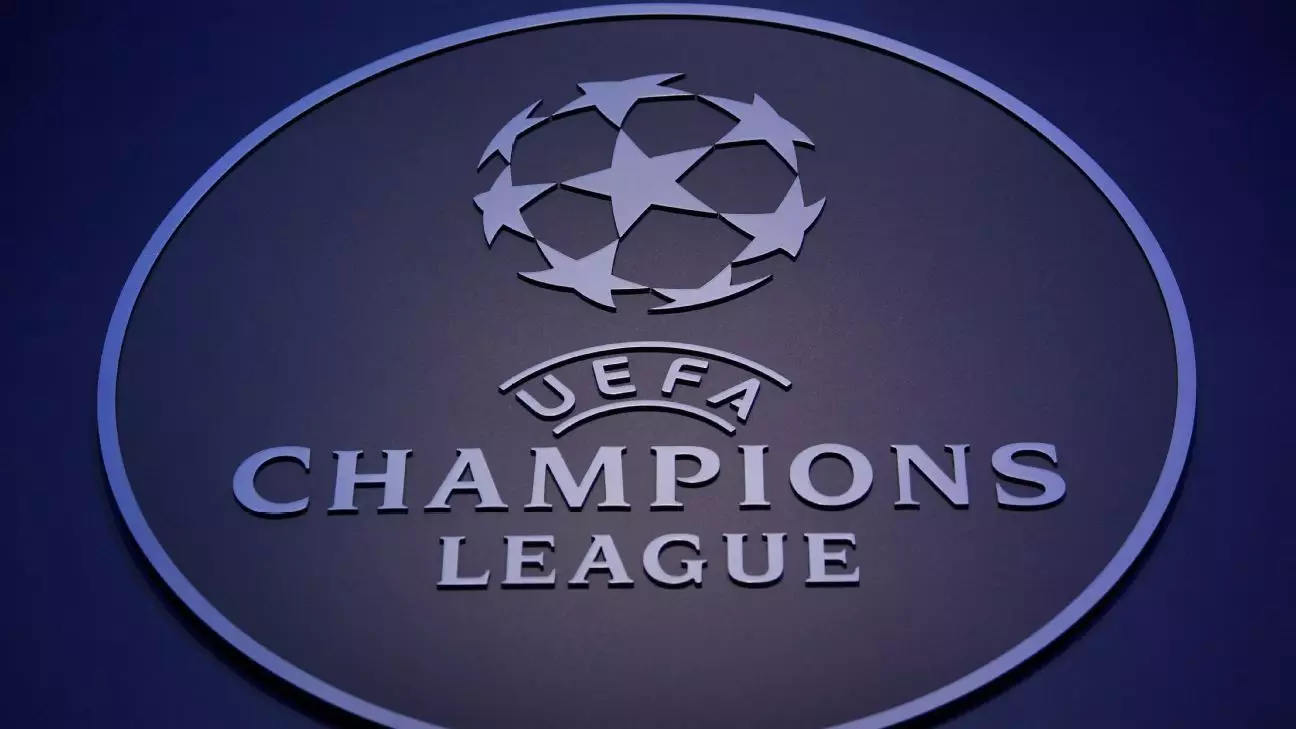The UEFA Champions League stands as the epitome of excellence in club football across Europe. Established in 1955, the tournament has evolved from its origins as the European Cup, also known by this name until 1992. The Champions League now comprises 36 teams, representing the pinnacle of talent from various top-tier European leagues. This tournament not only captivates millions of fans globally but also shapes the destinies of clubs, players, and managers alike.
The Champions League operates through a rigorous format designed to identify the best teams in Europe. The tournament kicks off with three qualifying rounds followed by a playoff round, setting the stage for clubs to battle their way into the lucrative group stage. Once the 36 teams are finalized, each club is tasked with playing eight matches against unique opponents. The journey is arduous: only the top eight teams automatically advance to the round of 16, while those ranked ninth through 24th engage in a fierce knockout playoff, further emphasizing the competition’s intensity.
This knockout playoff system introduces an intriguing dynamic where teams ranked from ninth to sixteenth face off against unseeded opponents ranked from seventeenth to twenty-fourth—adding an element of unpredictability that fans relish. The stakes are incredibly high, as the bottom 12 teams face elimination, making each match a do-or-die situation.
Throughout the history of the Champions League, certain clubs have etched their names into the annals of this prestigious tournament. Real Madrid holds the record for the most titles, boasting an astonishing 15 victories, a testament to both the club’s rich history and its unwavering competitive spirit. AC Milan follows suit with seven titles, while Liverpool and Bayern Munich have secured six each, showcasing a diverse tapestry of triumph among Europe’s elite clubs.
A closer look at the list of all-time winners reveals not only the dominance of these teams but also the evolution of football itself. As newer teams like Manchester City have recently broken through, they challenge the historic strongholds—a reflection of an ever-changing footballing landscape.
Beyond the players, the impact of managers on a club’s success in the Champions League cannot be overstated. Carlo Ancelotti, a name synonymous with tactical brilliance, holds the record for the most titles won by a manager, claiming five accolades throughout his career with AC Milan and Real Madrid. Following him are Pep Guardiola, Bob Paisley, and Zinedine Zidane, each with three titles, all of whom have made indelible marks on the tournament.
Ancelotti’s ability to adapt and lead diverse cohorts of players to victory highlights the importance of strategic acumen in high-pressure situations. The legacy of these managers intertwines with that of the players, creating a narrative of resilience, adaptation, and perpetual drive for greatness.
As the Champions League continues to unfold, it depicts a vibrant canvas of stories waiting to be told. The forthcoming seasons promise fresh rivalries and burgeoning talents eager to leave their mark. Clubs invest heavily in young players and seasoned veterans alike, aiming for that elusive title that bestows prestige and financial rewards upon them.
With the expansion to a new format beginning in 2024-2025, where 36 teams will play in a league-style format, the landscape may change even further. This evolution is likely to add layers of complexity to the competition, giving clubs more chances to vie for the title while also increasing the unpredictability fans cherish.
The UEFA Champions League is more than just a football tournament; it embodies the spirit of competition, passion, and legacy synonymous with European football. Each season reaffirms its status as the ultimate stage for clubs to vie for glory. As teams and fans alike look forward to the next chapter in this enthralling saga, one thing is certain: the allure and prestige of the Champions League will endure, continuing to inspire generations to dream of lifting the coveted trophy.

Leave a Reply